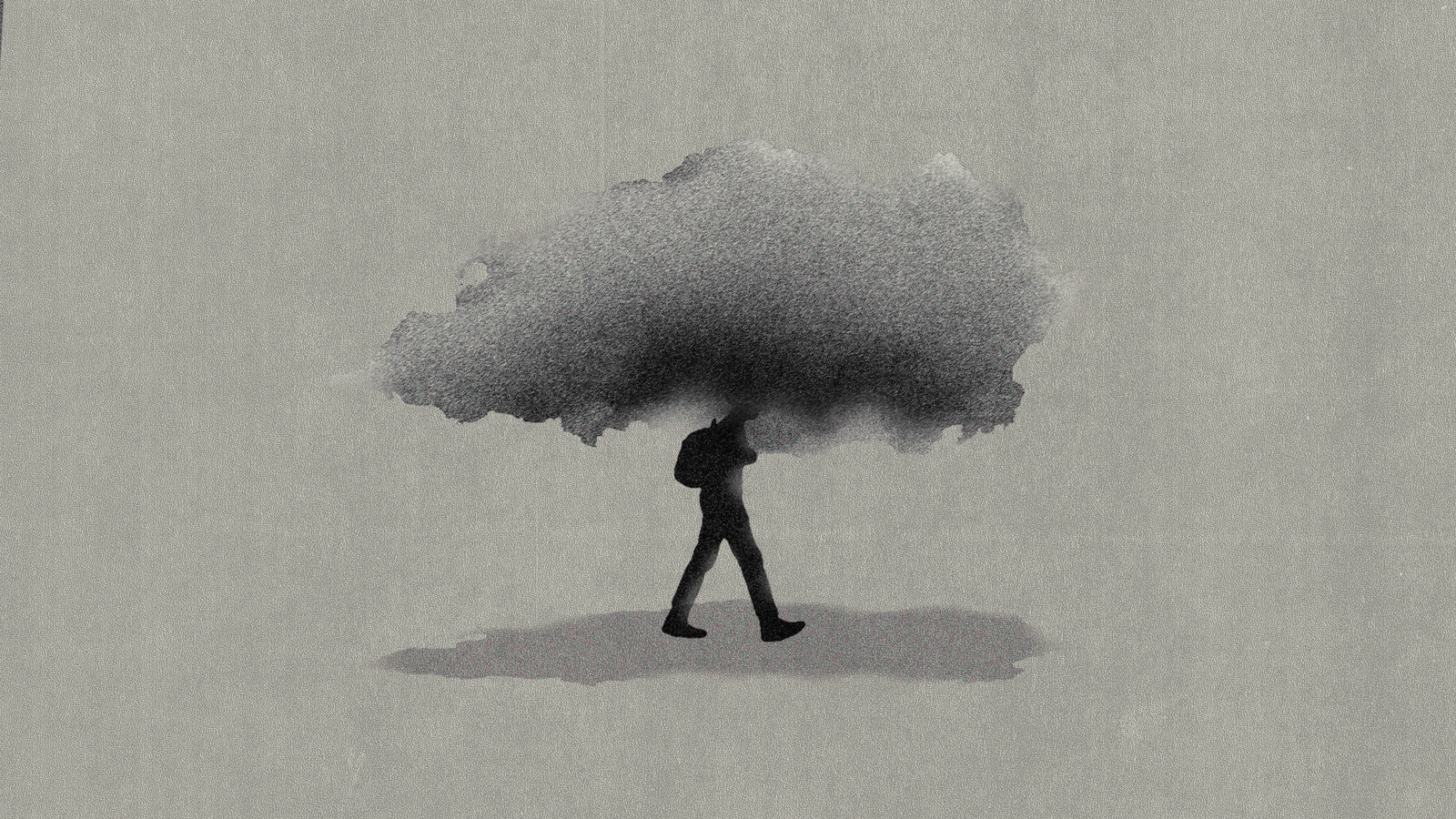How to Have a Healthy Sex Life if Depression Is Getting in the Way

Are you struggling with depression and feeling like it’s impacting your sex life? You’re not alone. In fact, research shows that a significant percentage of people with depression experience some form of sexual dysfunction, ranging from reduced desire to difficulty achieving orgasm. But don’t worry – there are steps you can take to improve your sexual health while managing your depression.
In this article, we’ll explore what happens when depression affects your sex life, and share seven ways to cope if your depression is hindering your ability to have a healthy, fulfilling sex life.
What Happens When Depression Affects Your Sex Life?

Depression can impact your sex life in a variety of ways, both physically and emotionally. Here are some common symptoms that people with depression may experience:
- Reduced desire or interest in sex
- Difficulty getting aroused or reaching orgasm
- Feeling exhausted or fatigued, making sex feel like a chore
- Low self-esteem or negative body image
- Sexual side effects from antidepressant medications
All of these factors can make it challenging to maintain a healthy, satisfying sex life. If you’re experiencing any of these symptoms, know that it’s normal and there are steps you can take to address them.
7 Ways to Cope if Your Depression Is Hindering Your Sex Life

- Tell Your Provider About What You’re Experiencing
If you’re experiencing sexual dysfunction as a result of your depression, it’s important to talk to your healthcare provider about it. Your doctor may be able to adjust your medication or refer you to a specialist who can help.
- Be Open With Your Partner, Too
It can be difficult to talk about sexual issues with your partner, but communication is key. Let them know what you’re experiencing and how they can best support you. It’s also important to listen to their needs and concerns, and work together to find solutions that work for both of you.
- Stick to Your Depression Treatment
Managing your depression is crucial for improving your overall well-being – including your sexual health. Make sure you’re following your treatment plan, whether that includes medication, therapy, or lifestyle changes.
- If Sexual Side Effects Don’t Go Away, Ask Your Doctor to Switch Your Antidepressant
If you’re experiencing sexual side effects from your antidepressant medication, don’t hesitate to talk to your doctor about switching to a different medication. There are many options available, and finding the right one for you may take some trial and error.
- Try Couples Therapy
Couples therapy can be a helpful tool for addressing sexual issues in relationships. A therapist can help you and your partner communicate more effectively, understand each other’s needs and expectations, and work through any challenges that arise.
- Don’t Force Yourself to Have Sex if You’re Just Not Up for It
It’s important to prioritize your own well-being and only engage in sexual activity when you’re feeling up for it. Don’t feel like you have to force yourself to have sex if you’re not in the mood. Instead, focus on other ways to connect with your partner, like cuddling or spending quality time together.
- But When You Are Ready, Start Small
If you do want to improve your sexual relationship with your partner, start small. Try initiating physical touch or intimacy in non-sexual ways, like holding hands or giving a massage. Gradually work up to more intimate activities as you feel comfortable.
Conclusion
Depression can impact many areas of your life, including your sexual health. But know that there are steps you can take to manage your symptoms and improve your overall well-being. By being open and honest with your healthcare provider and your partner, sticking to your treatment plan, and prioritizing your own needs and comfort, you can work towards having a healthy, fulfilling sex life – even if you’re dealing with depression.
















